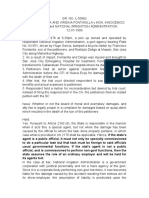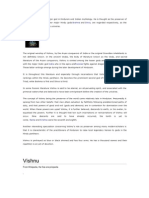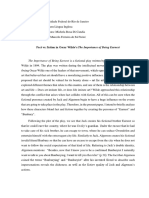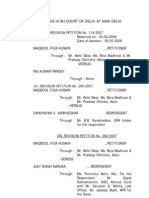100% found this document useful (1 vote)
4K views6 pagesIV-2 Test - Module 1 PSW Foundations (A)
Uploaded by
Veer KhalsaCopyright
© © All Rights Reserved
We take content rights seriously. If you suspect this is your content, claim it here.
Available Formats
Download as PDF, TXT or read online on Scribd
100% found this document useful (1 vote)
4K views6 pagesIV-2 Test - Module 1 PSW Foundations (A)
Uploaded by
Veer KhalsaCopyright
© © All Rights Reserved
We take content rights seriously. If you suspect this is your content, claim it here.
Available Formats
Download as PDF, TXT or read online on Scribd
/ 6

























































































